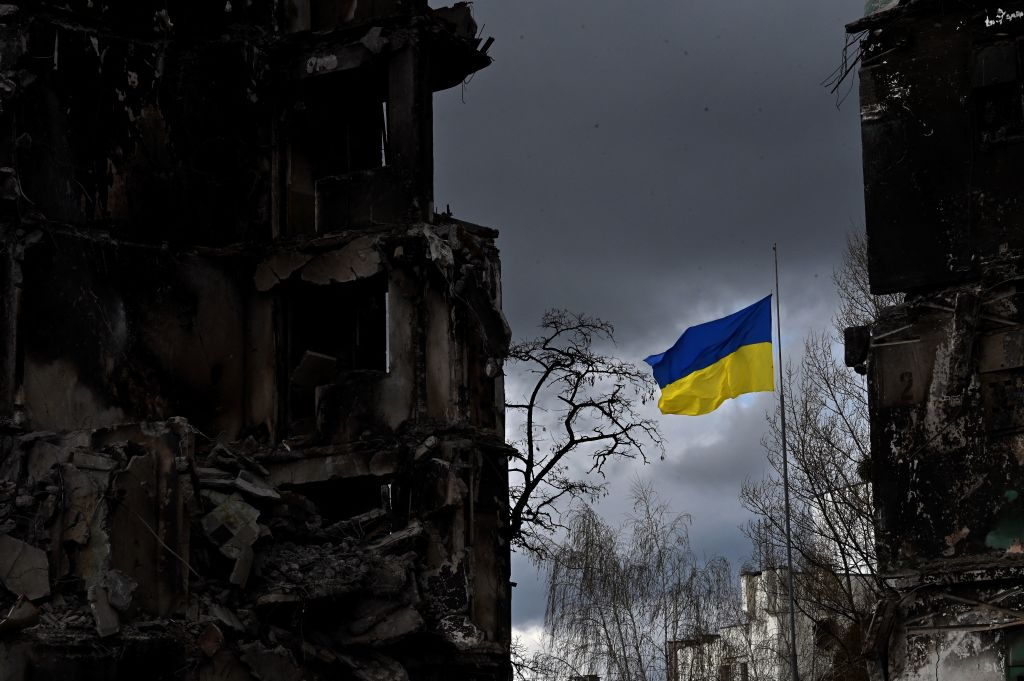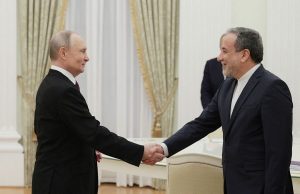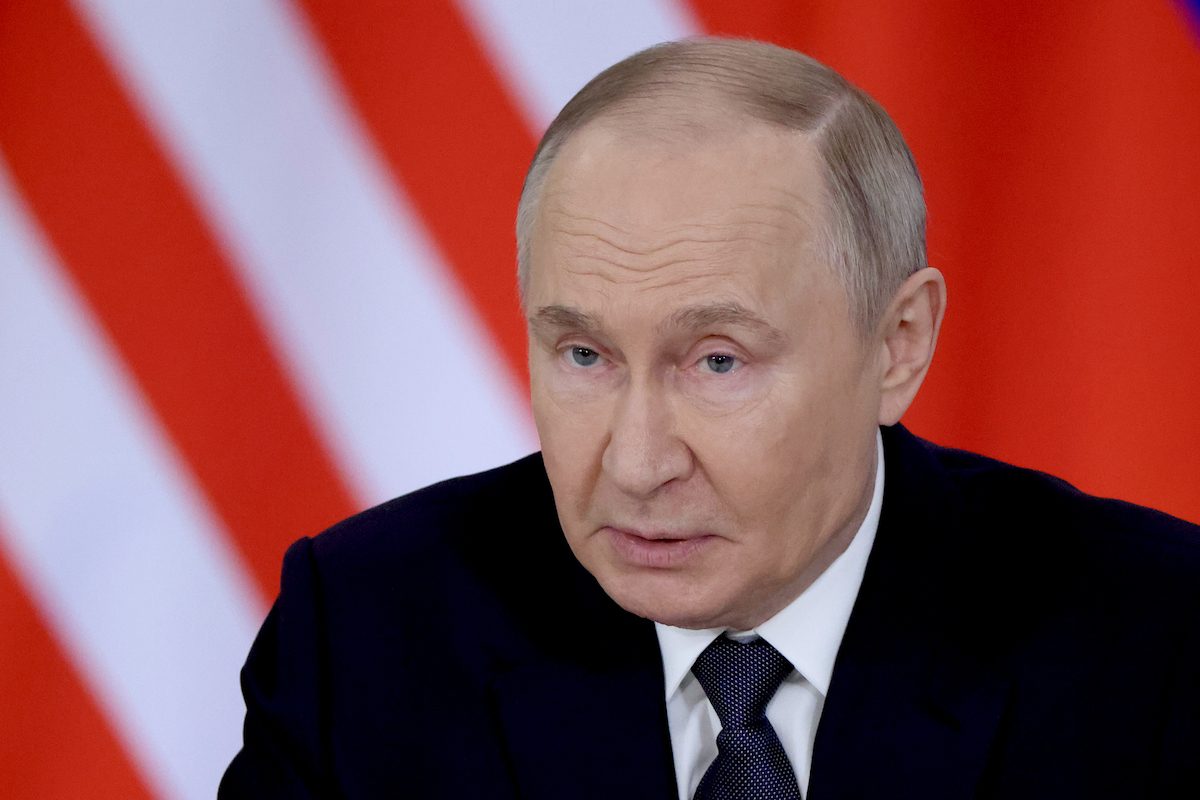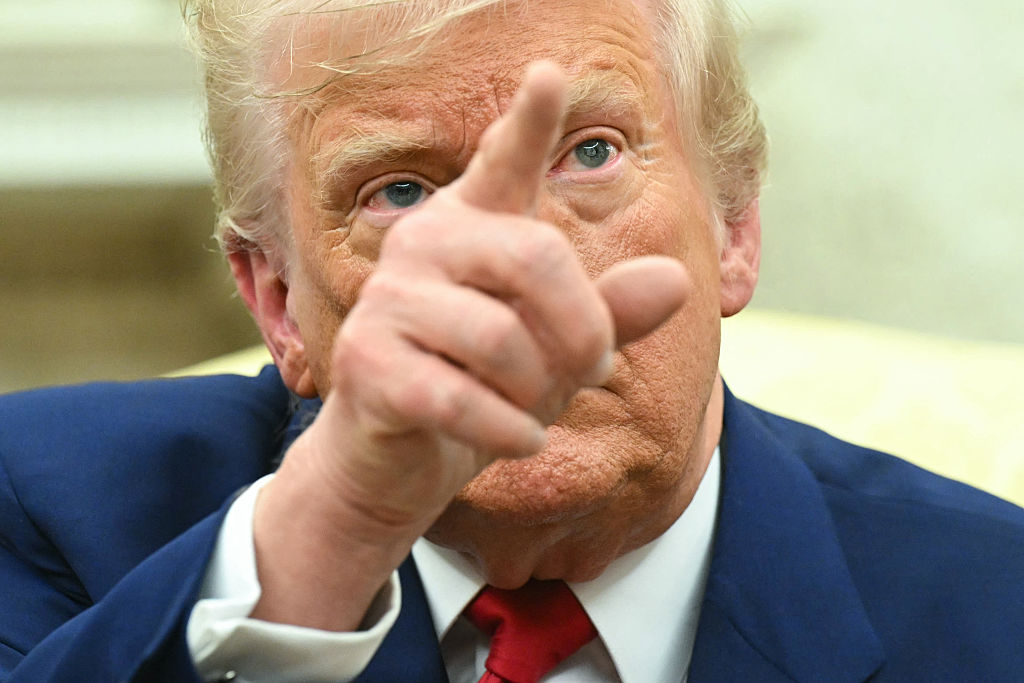A little over a year ago, I was gravely injured in a missile blast while covering the Ukraine-Russia war for Fox News. The severity of my injuries has made recovery a very long and arduous process. Every day I have a number of things I have to do. So in the morning, I’ve got about an hour and a half or so of facing all the problems that have popped up overnight. I do a lot of exercises, a lot of stretches. I do a lot of balance work. Everything from using rubber bands to try and get my thumb to move a little bit more to taking care of my burns because if I don’t, they break open and bleed a lot. I do that every single day. The list is honestly endless, and the beginning of every day is tough. I tell myself that the worst part of the day is finished in the morning, which is great. You’re just getting better from there.
When I’m in London, as I was before the tour to promote my book Saved: A War Reporter’s Mission to Make It Home, about the attack and my recovery, it’s usually straight to physical therapy after my morning exercises. So I would have breakfast with my daughters if I caught them before school, and then therapy. Then doctors at least three or four times a day. Then the book tour happened, and for the first time, I was able to get back into work. For two weeks I got to go back and live in the world I’m used to and love. It felt like another step forward in my life.
I’m probably busier now than I have ever been, but things have to be curtailed given around how much I can do in the day. I lost half of one leg, both feet and an eye in Ukraine. Sometimes I can’t walk for more than twenty minutes. If I haven’t walked for a few days, I can walk for up to an hour. I have to schedule everything around where I can go, how much I can walk and how much pain I am in. Life has become really regimented in a way that it wasn’t before, but that’s just how I have to do it now.
I’ve signed up for disabled skiing class, so I’ll learn how to ski sitting down. I loved skiing. I’m also going to go to my tennis court and have someone just hit balls at me. And I’m getting back into golf. I’ve only been to the driving range once since the attack, in San Antonio, where I was hospitalized and recuperating. Because of my injuries, I can’t actually hold the club with my left hand, but they can adapt to a wider grip for me so I can swing. At the moment, I can do short clubs quite well. Give me a pitching wedge and I can hit that fine one-handed. Eventually I hope I will get a leg that rotates so that I can actually follow through with my swing. I’m pretty certain I can be just as good as I was before.
Slowly but surely, I will work my way back up to everything I was doing before. It won’t be the same; I can’t run with my children and I can’t lift them up and swing them around. There are things I will never be able to do, but I have to find the things I can do instead. That’s what I look forward to. It’s not easy. Sometimes I know I sound like everything’s optimistic and great — it’s not. It’s about being realistic and pushing those limits until you find where the border is.
I knew that I needed to record everything soon after the attack. I actually thought I wanted to make a documentary, so from the day I landed in Germany — three days afterward — I was already filming and I was already taking voice notes. Many of them don’t make any sense because I was totally out of it. There are lots of videos of me telling people to hold the camera lateral, not up and down because I was trying to think ahead to what we would need. I didn’t have an end goal, but what I really found was that once I got to the hospital in Texas, I had so many different thoughts: good thoughts, bad thoughts, sad thoughts, optimistic thoughts. And I just wanted to get those down. I needed to think about them so I understood them myself. After a few months the idea of a book came up and I basically said, “Well, I’ve already got a lot of that written, so let’s go!”
If you had asked me at the start of the book tour if I enjoy speaking about what happened to me, I’d say I love it. It was really rewarding and cathartic. I think it’s really important to publicly remember my colleagues Pierre Zakrzewski and Sasha Kuvshynova, who died; to remember the doctors and Save our Allies, who pulled me out. People seem to be inspired by it, and if I can do that, I’ll talk about it forever. But I also want to move forward. I don’t want my whole life to be mired in what’s happened to me. I want to be able to say, “Look what came next. Look what we built.”
This article was originally published in The Spectator’s May 2023 World edition.

























